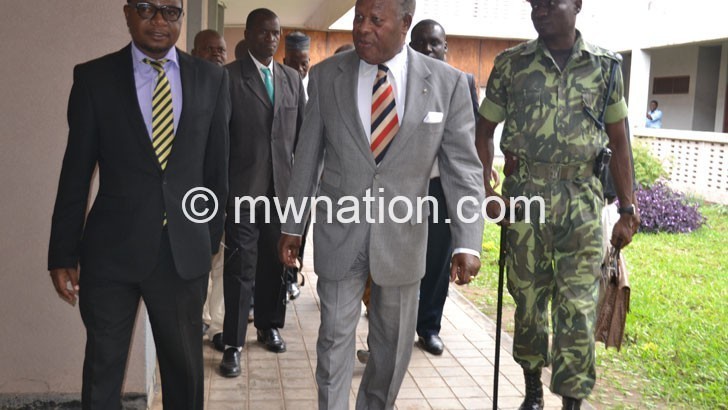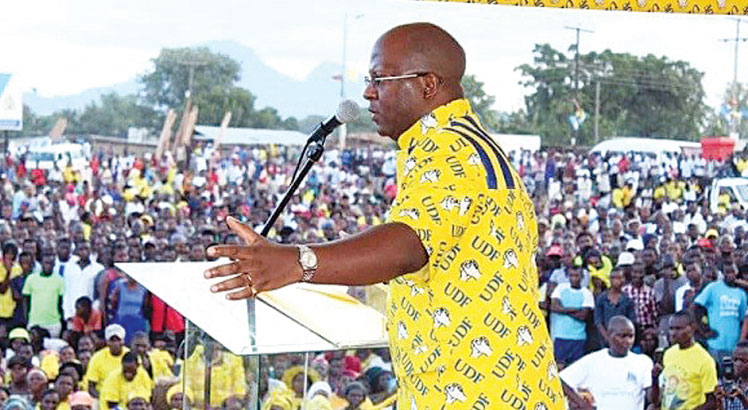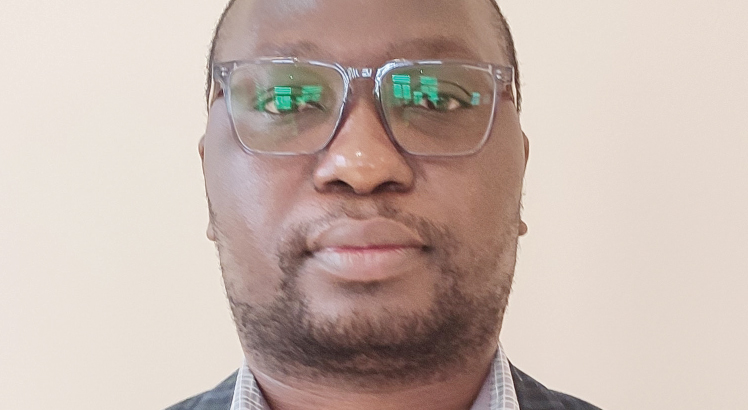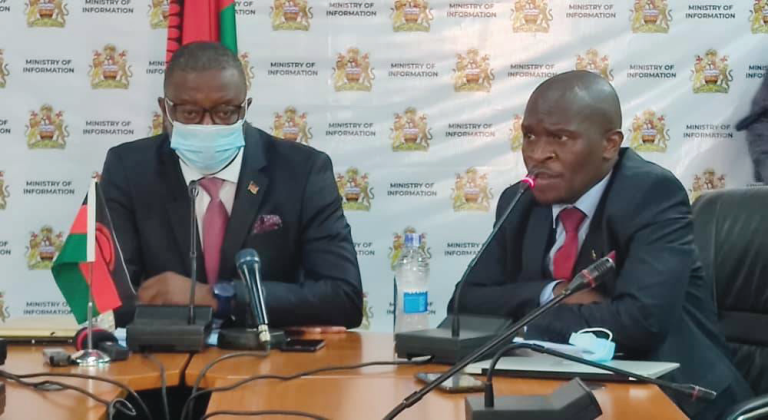Rewarding Stalingrad
The Public Affairs Committee (PAC)—the quasi-religious organisation that often speaks on national issues with a sense of nobility and temperament of statesmen—wants the State to discontinue the prosecution of former president Bakili Muluzi on corruption charges.
The rationale by PAC is that Muluzi’s case has dragged for so long and that continued prosecution will just be a drain on the country’s coffers. What is needed, the clergy men and women (they are mostly men) further reasoned, is a “political solution”.
After all, PAC further reasoned in its end-of-the-year statement, the incumbent President Lazarus Chakwera and some senior folks in his party, made the same point while in opposition. After all, ACB’s outgoing czar Reyneck Matemba, made the same point that the case just needs to be resolved through some political settlement.

Fourteen years to the day Muluzi was arrested for the charges, it might appear persuasive argument until you breathe-in-and-out to dissect the matter and look at why we are in this situation and what could be the implications of letting go a former head of State facing serious criminal charges, via a political settlement.
For starters, it will embolden many occupants of public office today to steal, especially those with political clout, worsening an already diabolic situation.
Dropping the charges could also send a signal that the new leadership, and the country at large, is paying a lip-service to the fight against corruption.
It will also mean that the administration places political considerations far above national ones such as rule of law and unwittingly send a message that in this country, there are different rules for the rich and the poor.
For, indeed, were Muluzi not a former head of State; were he a poor man or petty thief [not suggesting he is a thief of any manner], he would’ve been in jail today.
There are many innocent souls inside prison today. Some who have spent decades on remand, waiting for judgments because they have no lawyers to move the courts, or some who are serving unduly long sentences for stealing a bicycle or committing some other minor crimes.
Yet, we are being asked by these high priests of good governance to vacate our longing for justice to make a special case for Muluzi. In PAC’s dystopic world, not all animals are equal.
We are being asked to forgive-and-forget that the money Muluzi is accused of diverting into his accounts belonged to the poor who now die needlessly because the healthcare Muluzi’s administration bequeathed to his successors was dysfunctional, just as the schools, roads, markets or any infrastructure of government that he left behind.
We are being asked to forget that Muluzi, for years, delayed the court process through various tactics, legal and otherwise; among them, regular trips to foreign countries for purported medical treatment, famously for his back problem.
We are prompted to forget that Muluzi’s lawyers happily threw in ‘Stalingrad strategy’—appealing and objecting at every turn of the court process to ensure the case was sufficiently delayed for years. Witnesses died, and evidence disappeared along the way.
Now that the strategy appeared to have worked—thanks to Muluzi’s status—PAC is asking us to forget-and-forgive it all before the judges tell us whether Muluzi did what he is accused of doing or not.
What the men of collar are failing to appreciate is that the case against Muluzi, on paper, has always looked strong. When quoting Matemba, they forget to ask themselves what forced the ACB boss to cry out for political solution when he has never, not even once, come out to say the case was not winnable. None of the ACB directors or lawyers who have reviewed Muluzi’s case have ever claimed it was unwinnable either.
For Matemba, the reason he asked for political solution to end the case was because under the DPP leadership, which had cozy relationship with Muluzi and counted his son Atupele, among its leaders, Matemba was under pressure to drop the case from within government. So mad was Matemba at the DPP interference that he personally recused himself from the case.
It’s politics, damn it that has eluded justice in this case. Not lack of evidence or questions over funds. Now the ball is in Chakwera’s court; whether to seek justice or listen to sweet talk that can only drag his presidency and the rest of the country with it, into a dangerous dark dungeon.





